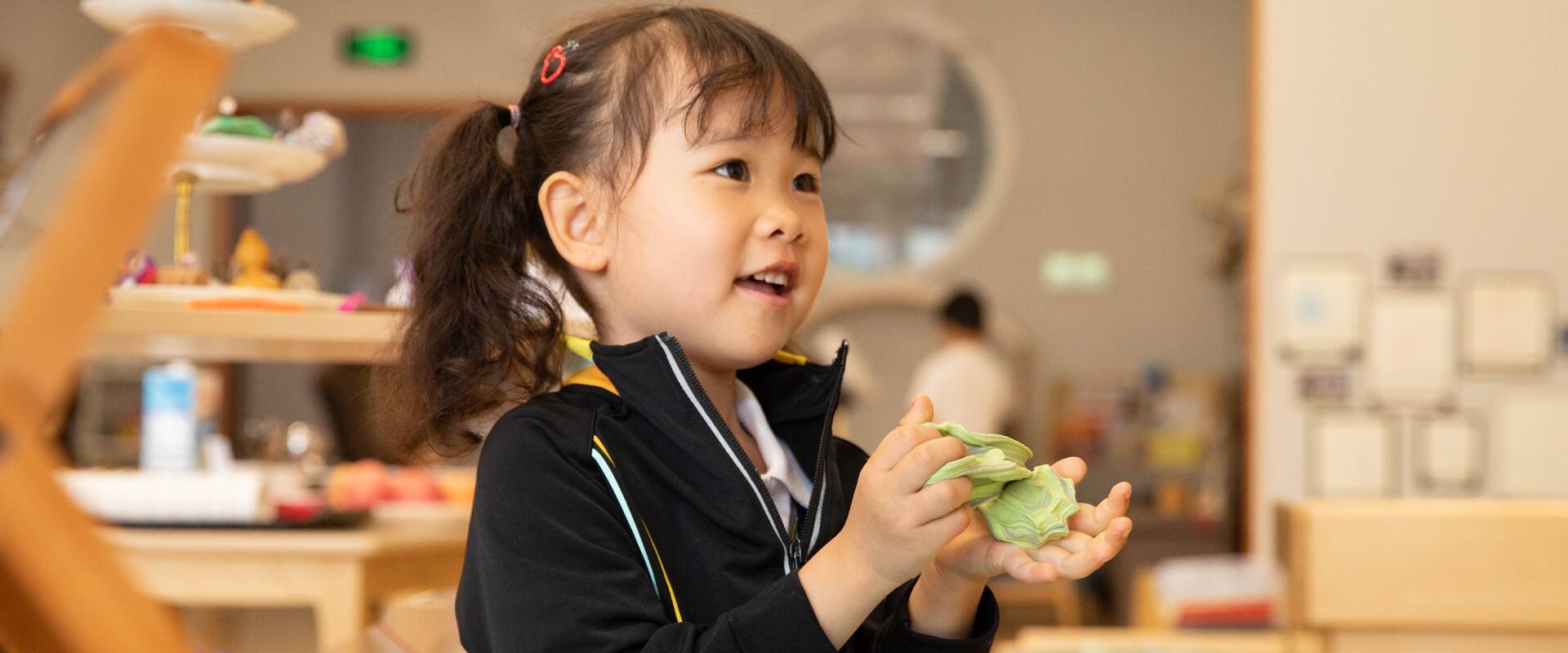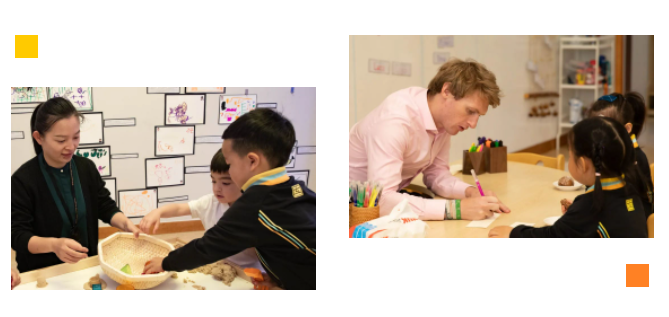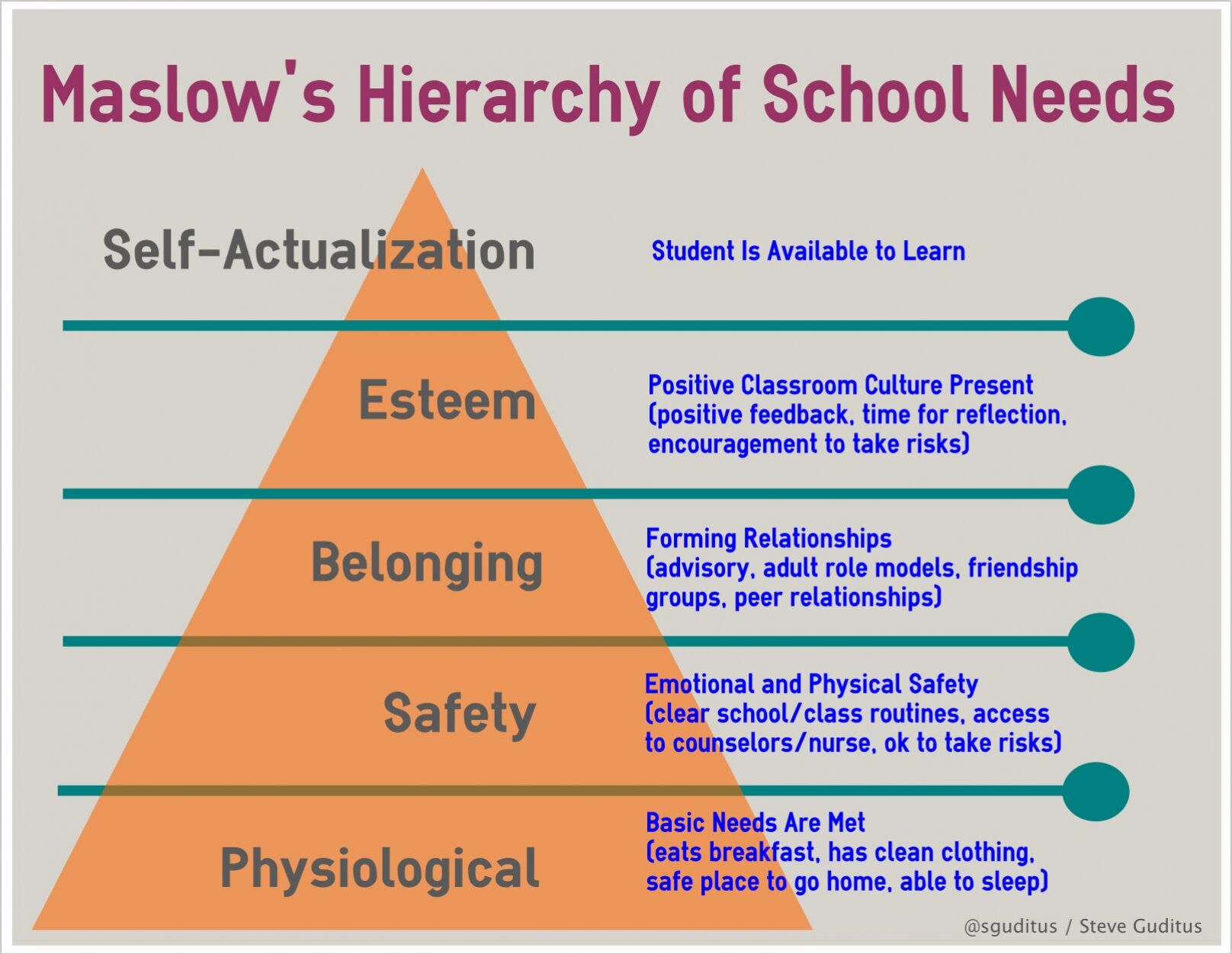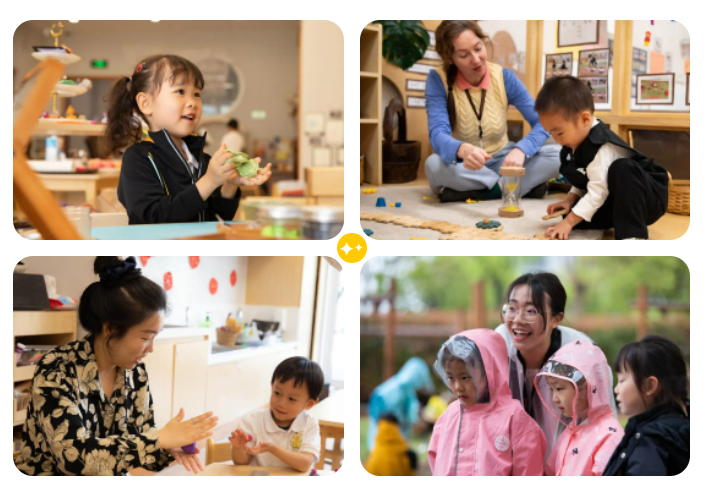
Kelly Ashby
Assistant Head of Early Years
Inclusive language acknowledges diversity, conveys respect to all people, is sensitive to individual differences and promotes equal opportunities. In its broadest sense, "inclusion" ensures that everyone has a sense of belonging. Huili Nursery Hangzhou is a community, a small village of people helping to raise our children, so they grow into the best possible version of themselves. As a small village, how can we ensure that children have a positive sense of self and belonging in the world?

Each day that we walk through the school doors, safeguarding is at the top of our agenda; no matter our job role, keeping each other and the children in our care safe and protected from any harm is our shared responsibility and top priority. Our teachers take time and extra consideration when planning our learning environments to ensure that every child has a space to feel included, safe, secure and happy in their "home from home". Children's voices must be heard and accepted as unique individuals. Only when children have a positive sense of self and their levels of wellbeing are high are they fully able to involve and engage themselves with deep levels of learning.

One theory that supports this is Maslow's hierarchy of needs, a theory of motivation that states that five categories of human needs dictate an individual's behaviour. The image above links the five categories of human needs to the child's needs in school. If their physiological, safety, belonging and esteem needs are not fully met and positively nurtured, then it is extremely challenging for them to reach self-actualisation; a child’s ability to learn most effectively and reach their full potential.

The way we speak to children, and the language we use around them, matters. At Huili Nursery Hangzhou, we consciously choose to use positive language and build a vocabulary of inclusivity to ensure that children's emotional needs are met, their ability to develop friendships and relationships is strong, and they have a positive self-image. By focusing on the positive instead of the negative, we can motivate and encourage children. For example, "You can't write your name very well, you need to try harder" and "you are unkind" are not motivational and may discourage children from learning. Instead, "You tried your best, well done; what do you think you can do to make it even better?" and "What do you think happened to make your friend feel sad?" will encourage children to be reflective, to feel proud and to give them the confidence and courage to persevere.
Our choice of language does make a big difference. Let's continue to build our inclusive school community together.